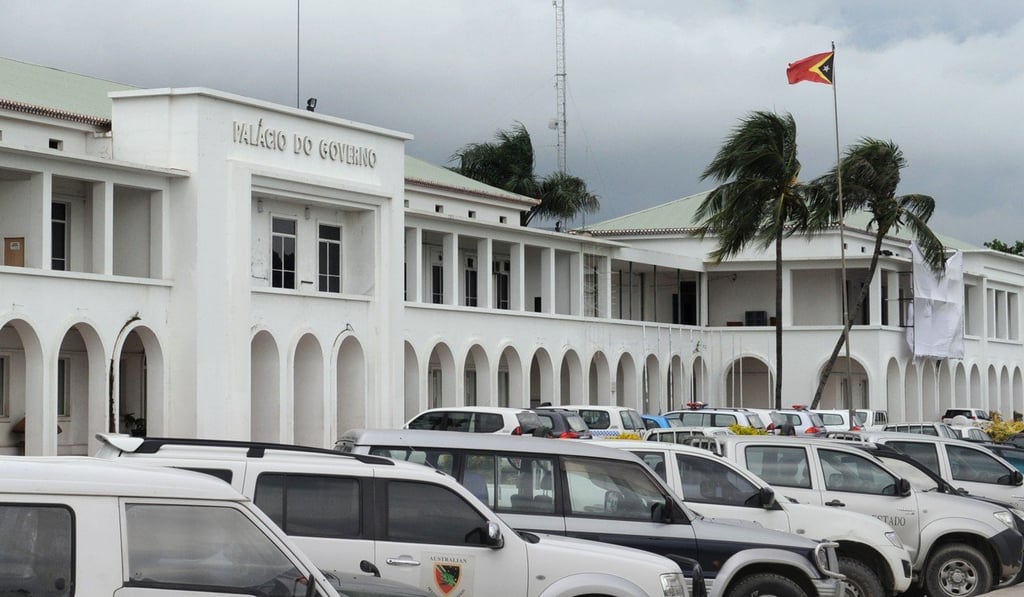Has Australian media been muzzled by new ‘national security’ law that is scaring journalists into silence?
Canberra’s bid to get a better oil deal with East Timor by bugging its government is now a taboo topic, as reporters fear revealing ‘secrets’ could see them end up in prison

New laws said to keep Australia safe from foreign meddling are preventing the media from reporting on Canberra’s own interference in one of its closest neighbours, according to critics, who argue the draconian regulations damage the country’s image and status in the region.
In 2004, an Australian Secret Intelligence Service (ASIS) agent raised concerns internally about techniques Australia was using to get an advantage over East Timor.
At the time, prime minister John Howard’s government was embroiled in tense talks with its northern neighbour about lucrative access to oil and gas in the Timor Sea.
The concerns were secret until 2013, when a lawyer acting for the unnamed agent - known as ‘Witness K’ - blew the whistle.

The lawyer, Bernard Collaery – who was an adviser to the East Timor government during the negotiations – told Australian media it was “a Watergate situation”.
